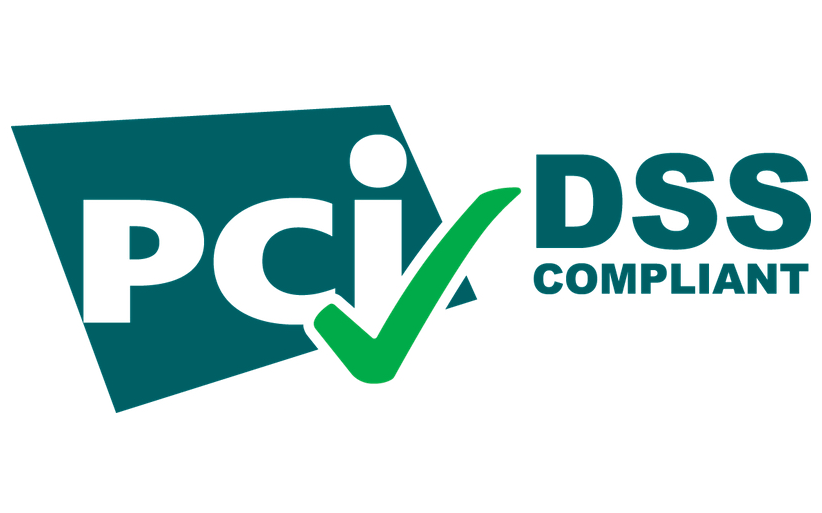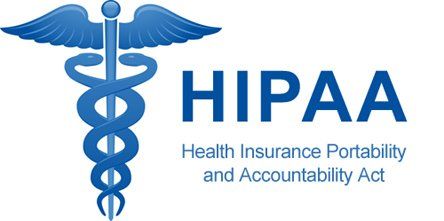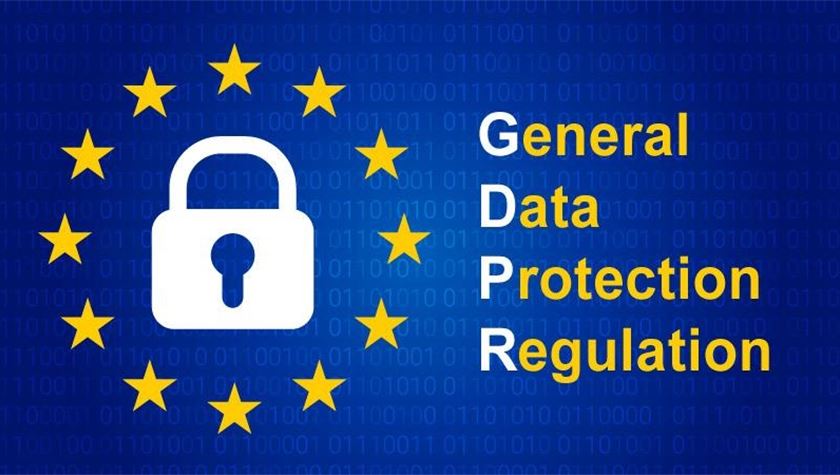COMPLIANCE
Corporate compliance applies to almost every business in one way or another, whether you’re head of a large company or a small business owner
What does compliance mean in business?
Compliance means complying with a set of rules such as: Policy, Guidelines, standards, specifications, or laws. Software, for example, may be developed in accordance with specifications created by a standards body, and then deployed by user organizations in compliance with a vendor's licensing agreement. The definition of compliance can also encompass efforts to ensure that organizations are abiding by both industry regulations and government legislation.
Corporate compliance applies to almost every business in one way or another, whether you’re head of a large company or a small business owner. In all other cases, compliance is mandatory. Companies must meet certain regulatory compliance obligations, including: Minimum wage law or environmental, health and safety regulations. You must also comply with laws regarding the handling of payment cards, personally identifiable information, and other sensitive information.
Compliance is optional in some cases. Companies choose SOC (Service Organization for Standardization) and ISO (International Organization for Standardization) certifications to improve their business operations and increase their competitive advantage.
The Compliance Management System helps organizations manage all compliance obligations and is essential in the modern business world. Failure to comply with laws and government regulations can result in serious proceedings, penalties and even criminal liability, which can pose a risk of reputation that can discourage customers, employees and business partners.
Why Does Compliance Matter?
Compliance means that a company should have appropriate policies and procedures in place to meet compliance requirements. In addition, an organization must have a precise record-keeping system to document those procedures and relevant audit trails.
Lower the risks
It lowers the risk of possible fines, sanctions, labor strikes, lawsuits, or company closures.
Prevent downtime
Safety and security measures help prevent injuries, fires, or evacuations of buildings that can result in downtime.
Enhance trust
Compliance with legal requirements and optional certifications enhances trust among customers and boosts your competitive advantage.
Professional and safe environment
Employee retention increases when workers know that they are in a safe, professional, and equitable environment.
Compliance in Business
Compliance relies upon strong corporate governance, which is the framework of rules, regulations, and company practices administered by senior leaders. More simply, corporate governance refers to how a business makes decisions. Organizations must investigate which laws and regulations apply to their business to assure accountability, fairness, and transparency with their stakeholders.
To further demonstrate what compliance means, let’s examine two regulatory standards that have a rather specific application but affect a wide range of companies.
Companies that store, process, or transmit payment cards or handle cardholder data must comply with PCI-DSS (Payment Card Industry Data Security Standard). PCI requirements apply to businesses regardless of the volume or value of credit card transactions they handle. The Payment Card Industry Security Standards Council (PCI SSC) enforces PCI compliance.
The standard defines requirements to guarantee the security of cardholder credit card data. It demands that merchants and other companies securely manage credit card data, reducing the likelihood that cardholders will have sensitive financial data stolen. If credit card information is not adequately protected, hackers can perpetrate identity theft – and the retailers ignoring PCI compliance might lose their credit card processing privileges.
HIPAA
HIPAA (Health Insurance Portability and Accountability Act) is a set of rules that define the lawful handling and disclosure of protected health information (PHI) and personally identifiable information (PII). HIPAA compliance is a vital part of a healthcare organization’s commitment to protecting the privacy, security, and integrity of patients’ sensitive data.
HIPAA applies to two types of organizations:
Covered Entities. This is an organization that collects, creates, or transfers PHI electronically. Healthcare organizations considered covered entities can include healthcare service providers, healthcare clearinghouses, and health insurance providers.
Business Associates. Business associates are any organization that has been contracted to perform services on behalf of a covered entity, such as billing agencies, testing facilities, law firms, and other organizations.
GDPR
General Data Protection Regulation (GDPR). GDPR is legislation that went into effect in the European Union in 2018 that updated and unified data privacy laws. The purpose of GDPR is to protect individuals and the data that describes them and to ensure organizations that collect this data do so in a responsible manner.







